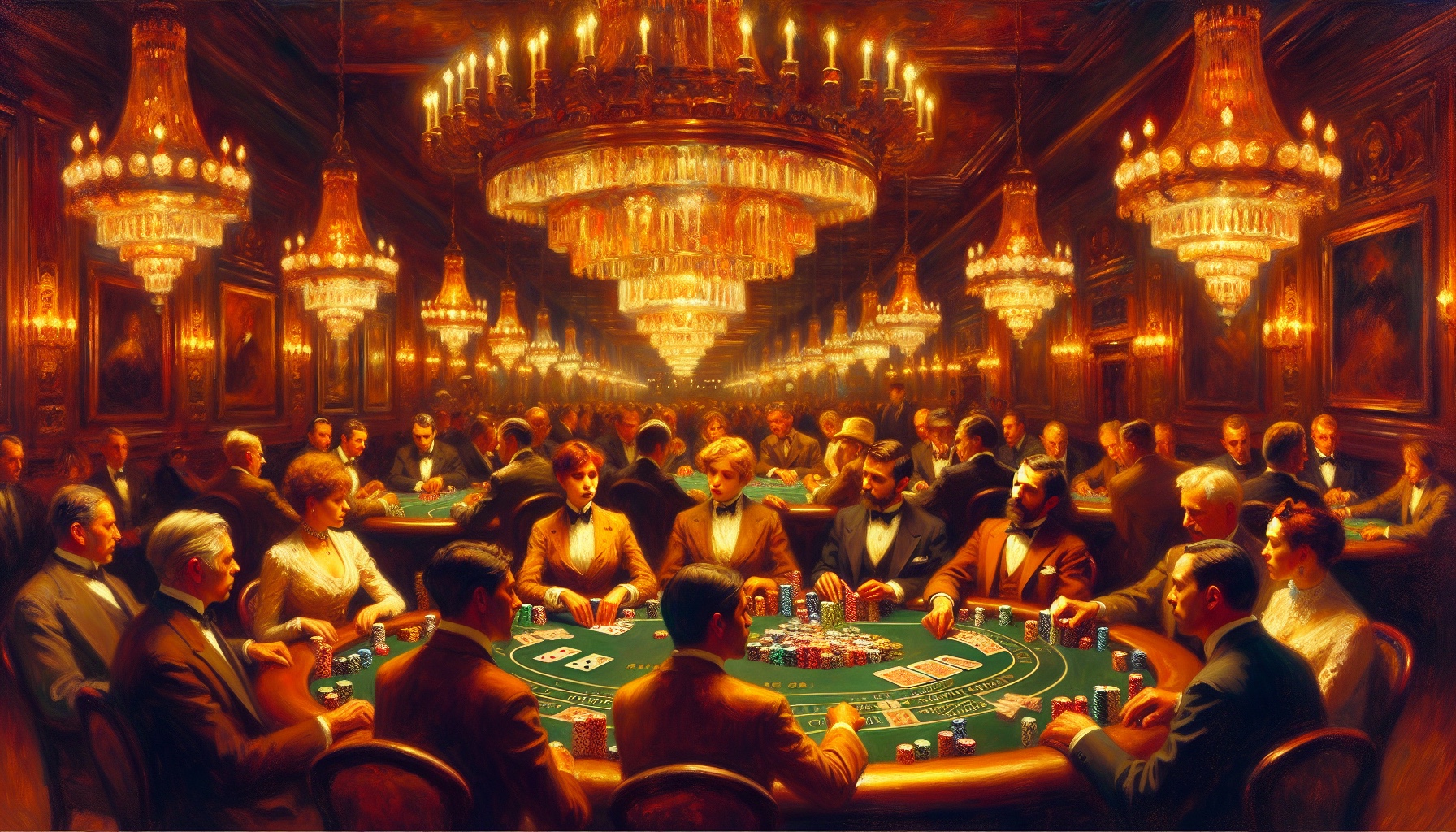
What Does Passive Mean in Poker?
In poker, ‘Passive’ refers to a playing style characterized by a tendency to call or check rather than bet or raise. Passive players often avoid aggressive actions, preferring to let others control the betting action.
When You Might Hear Or Use The Term Passive
In conversation or gameplay, you might hear players describe someone as passive when they frequently pass on the opportunity to lead the betting, instead choosing to react to their opponents’ bets.
In-Game Example
You’re in a hand where the player on the button simply calls your bet on the flop and checks back the turn despite having position. This consistent lack of aggression is a hallmark of a passive playstyle.
Strategy / Tips
- Best Practice: Use passive play strategically to trap aggressive opponents by letting them build the pot for you when you hold strong hands.
- Common Mistake: Being too passive can result in missing out on value or failing to protect your hand against draws.
- Pro Tips: Balance passive play with occasional aggression to keep opponents guessing and avoid becoming predictable.
- Differences playing over the table vs online: Passive play can be more effective in live games where physical tells matter, but online, players may exploit passivity more aggressively due to the lack of physical presence.
Alternative Names
“Calling Station” is a common term used to describe overly passive players who call frequently but rarely raise.
FAQs
Q: Why is being passive often considered a weak strategy?
A: Because it can lead to losing potential value and allows opponents to control the pot size and betting action.
Related Terms
- Aggressive
- Calling Station

